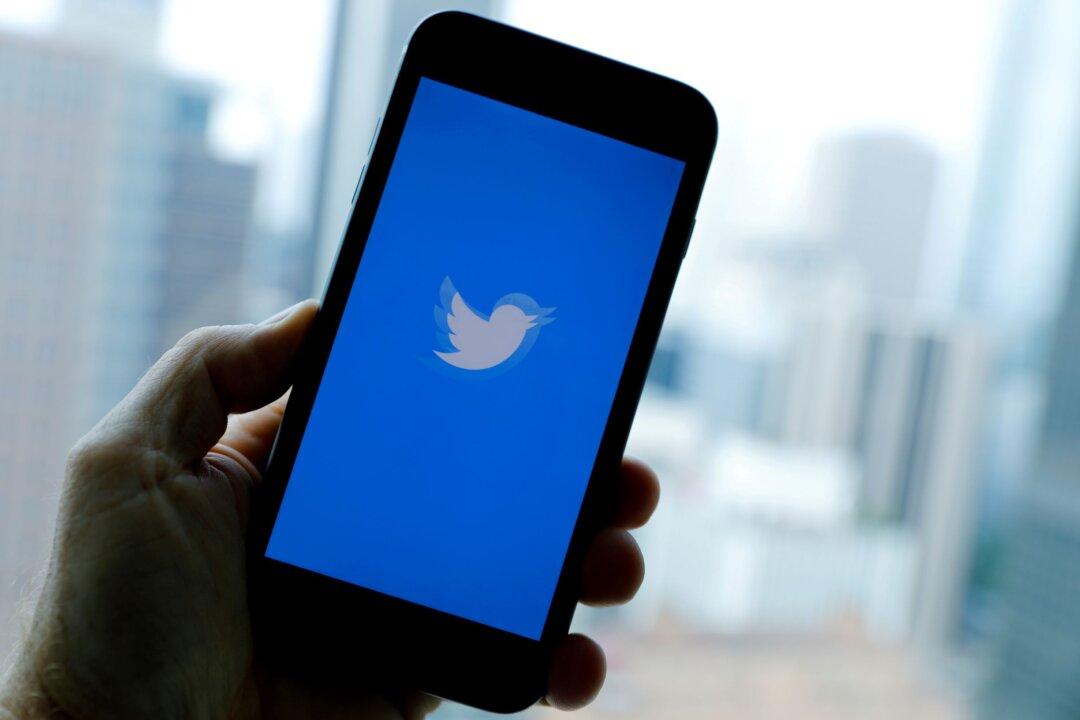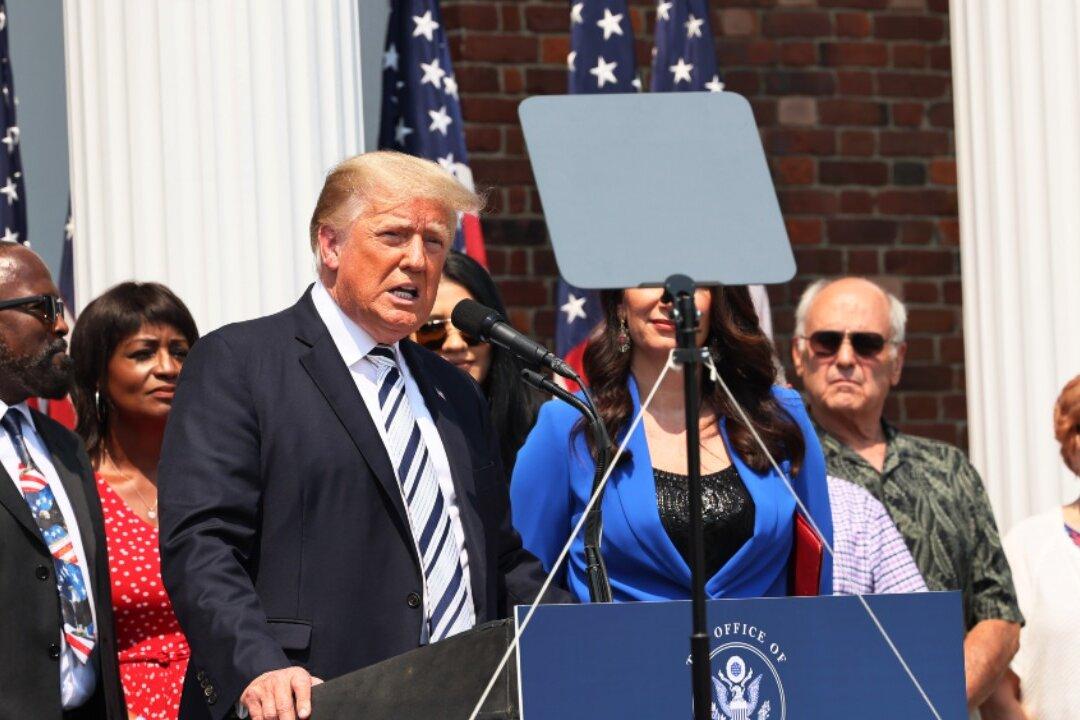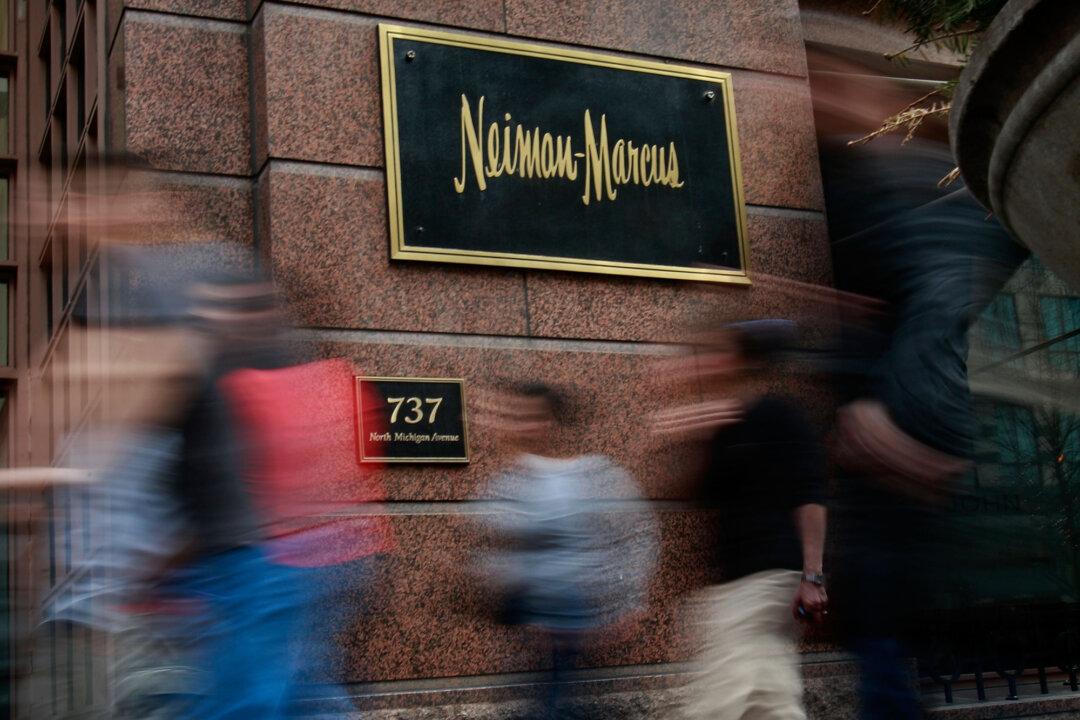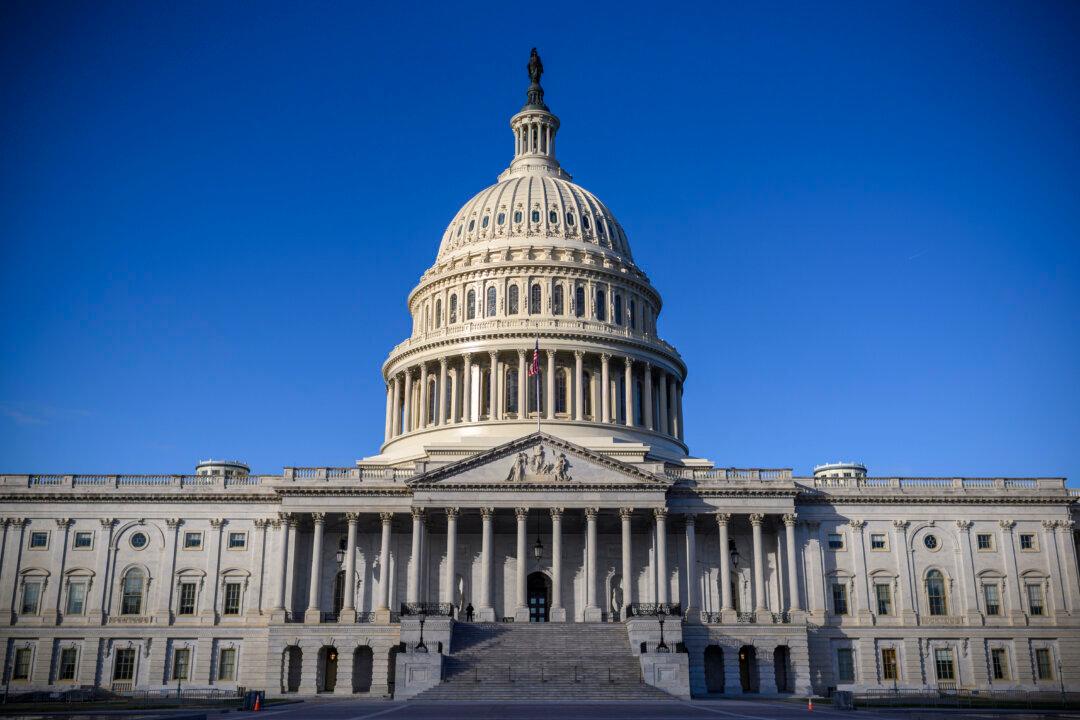The Nigerian government has directed the country’s telecommunications operators to shut down whatever access is left to Twitter within the country’s borders by June 12, after the social media giant deleted a post by President Muhammadu Buhari.
“Our members received formal instruction from the Nigerian Communications Commission, the industry regulator, to suspend access to Twitter,” Gbenga Awonuga, executive secretary of the Association of Licensed Telecommunication Operators of Nigeria (ATLON), told NewsMax. “We are only following the directive of the government, as we are licensees of the government.”




